The glow plug is an extremely important component of an engine. Its primary role is to transmit an energetic signal from the fuel ignition circuit to the compression port, where it ignites the highly pressurized mixture of fuel and air to initiate the cycle of the motor. This controlled ignition process puts the engine in motion and allows it to generate the energy required to move the car forward.
However, despite its importance, there are certain conditions in which a glow plug can fail, causing the engine to malfunction. This phenomenon, although less frequent, can have significant consequences and potentially cause serious issues with the engine. Therefore, understanding the different types of factors that can cause a burnt plug is important for every vehicle owner or mechanic.
In this comprehensive article, we aim to delve deeper into the intricacies of ignition plug explosions. We’ll look at the various reasons and factors that can contribute to this problem, from incorrect fitment and wrong specs for torque to worn plug threads or too much pressure in the cylinder. By better knowing these underlying causes, you’ll be better equipped to detect and prevent burned plugs, ensuring the durability and optimized operation of your vehicle.
So, join us on this informative journey where we’ll uncover the mysteries surrounding burned-out glow plugs and provide you with the knowledge to help tackle this potential problem head-on. Let’s dive into the fascinating world of glow plugs and the things that can lead to them burning out.
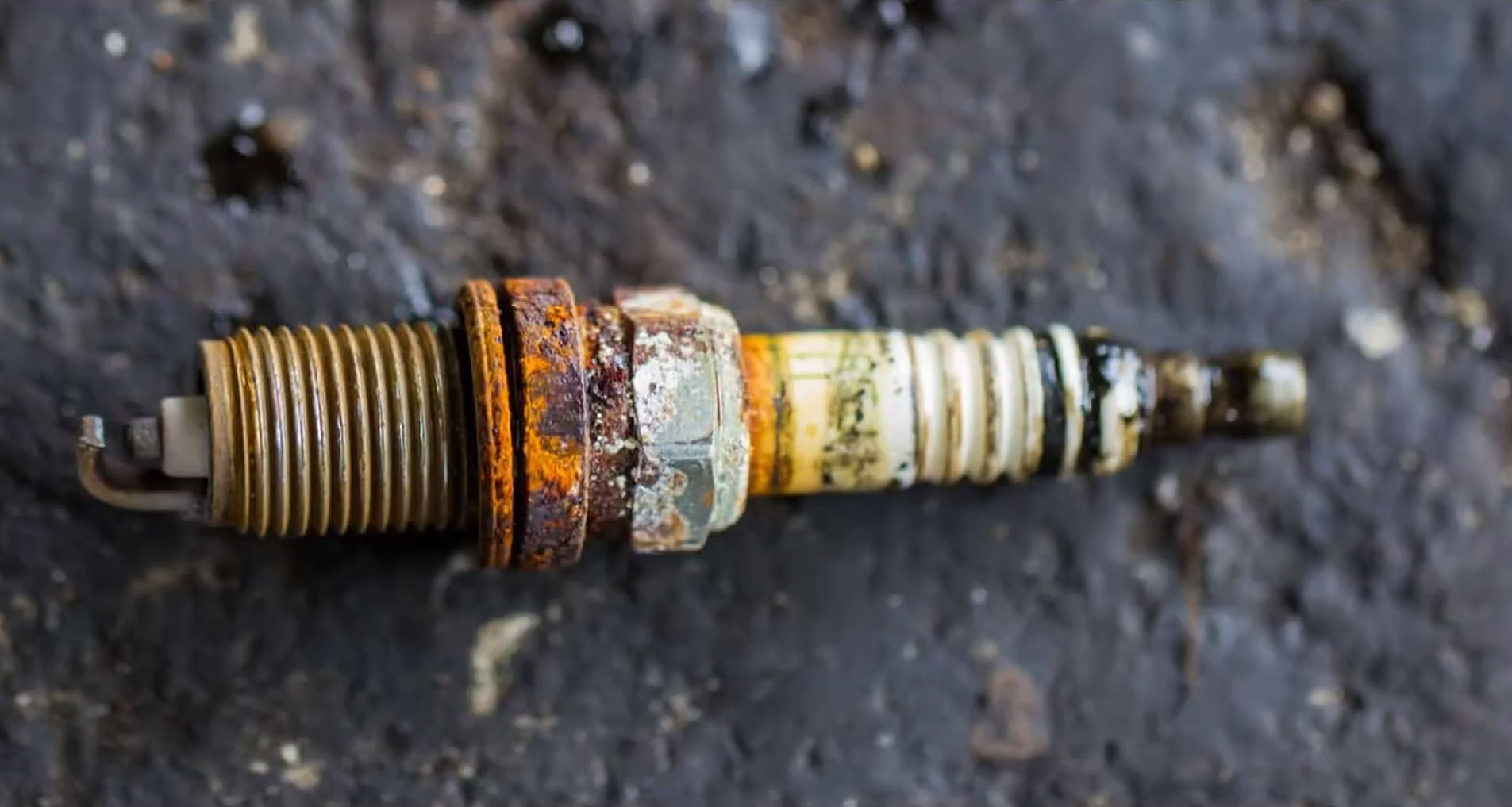
What is a Spark Plug Blow Out?
The spark plug is a mechanical malfunction that results from the forced ejection of the spark plug from the engine block head. This is usually caused by a broken or stripped plug screw in the engine block head. When this occurs, the resulting pressure in the combustion chamber becomes uncontrollable, causing the spark plug to be forced out.
This destructive phenomenon can have serious consequences for the entire motor. Not only can it damage the engine casing, the intake solenoid or the glow plug themselves, it also significantly impairs engine performance. The inefficient burning of fuel due to a breakdown leads to a loss of power and uneven engine performance. The engine may experience a decrease in fuel economy and even misfire, which affects its overall reliability.
By understanding the reasons for and possible consequences of burned-out plugs, motor owners and operators can take preventive measures to maintain the performance and life of their engines. [1]
What Causes a Spark Plug Blow Out?
Some possible causes for a burned-out plug are as follows. One of the main reasons is an incorrectly fitted plug, which may be installed too loosely or too tightly. Such an improper fit can create conditions that result in the spark plug burning out. Furthermore, the tightening moment is critical during installation, as improper tightening moment can cause excessive stress on the plug screw threads, which will eventually lead to failure.
In addition, severe operating conditions can cause glow plugs to burn out. Extremely high combustion chamber pressure or temperature, often caused by engine modifications to increase power, can put undue stress on the plug. In addition, such unfavorable conditions can be caused by prolonged engine operation without proper cooling or maintenance.
By understanding the above potential reasons for burned-out plugs, it is clear that proper installation, correct selection of plugs, and routine maintenance of the vehicle are essential to preventing such problems and ensuring optimized performance and reliability. [1]
How Can You Tell If You Have a Blown Spark Plug?
Detecting a burnt plug means recognizing specific engine malfunction signs. One of the most apparent symptoms is an abrupt change in the engine’s performance that may arise due to different factors. This change may manifest as a sudden loss of power, making it difficult for the vehicle to accelerate or maintain speed. Additionally, you may notice a noticeable decrease in fuel efficiency, as the engine is not operating optimally.
Another indicator of a blown spark plug is the presence of unusual noises. You may hear a loud popping or snapping noise coming from the engine compartment, accompanied by engine misfires. These misfires occur when the spark plug fails to ignite the air-fuel mixture properly, resulting in uneven combustion.
Furthermore, a blown spark plug can sometimes result in physical damage to the engine components. If the plug has been ejected forcefully, you may observe visible damage to the cylinder head, spark plug, or ignition coil. This damage can further contribute to engine performance issues and should be addressed promptly.
Moreover, a spark plug blowout can lead to damage to the combustion chamber, which can result in the production of a significant amount of exhaust smoke. This smoke may appear thicker and darker than usual and is an indication of potential internal engine damage.
Always remember, paying prompt attention to these signs can help prevent further damage to the engine and ensure the vehicle’s optimal performance and longevity. [1]
How Do You Fix a Blown Out Spark Plug?
Fixing a blown out spark plug requires a thorough and meticulous approach to prevent any further damage to the engine. Here are the detailed steps to follow when dealing with this issue:
- Inspect the Damage: Begin by closely examining the cylinder head and the spark plug to assess the extent of the damage. Take note of any signs of wear or damage on the cylinder head’s threads, as this will need to be addressed before installing a new spark plug.
- Remove the Damaged Spark Plug: Carefully use a spark plug socket to remove the damaged spark plug from the cylinder head. Take extra caution not to cause any additional damage during this process.
- Repair the Threads: In case the threads on the cylinder head are damaged, you will need to repair them. Typically, this can be done by using a thread chaser or a HeliCoil insert. However, for severe cases, it may be necessary to replace the entire cylinder head.
- Install a New Spark Plug: Once the threads are repaired, proceed to install a new spark plug. Ensure that you select the correct type of spark plug for your specific engine and that it is appropriately gapped. To prevent future blowouts, apply a small amount of anti-seize compound to the threads.
- Check the Ignition Coil: It is crucial to inspect the ignition coil for any potential damage, as it may also require replacement. If you notice any signs of wear or malfunction, it is advisable to replace the ignition coil as well.
- Test the Engine: After completing all the necessary steps, start the engine to test its performance. Pay close attention to any unusual noises or a lack of power, as these could indicate the need for further repairs.
Always keep in mind that if you are not confident or comfortable performing these steps, it is best to seek professional assistance. The complexity of repairing a blown out spark plug can vary significantly depending on the extent of the damage and the make and model of your vehicle. A qualified mechanic will have the necessary tools and expertise to handle this task appropriately and efficiently. [2]
What Will It Cost to Fix?
The cost of fixing a blown out spark plug can vary widely, primarily dependent on the extent of the damage and the make and model of the vehicle. If the damage is minor and confined to the spark plug itself, the repair cost will mostly entail the price of a new spark plug, which can range from $10 to $20, and potentially a small labor fee if you opt to use a professional mechanic.
If the ignition coil is damaged, the replacement cost can range from $70 to $300. The ignition coil is responsible for generating the high voltage needed to create a spark in the spark plug. It is typically located near the spark plug and can be replaced individually if necessary. However, in some cases, the ignition coil may be integrated into the vehicle’s ignition system, requiring more extensive repairs and higher costs.
In the most extreme scenarios, if the cylinder head needs to be replaced, the cost can skyrocket into the $1000 to $3000 range, including labor. The cylinder head is a critical component of the engine and houses the combustion chambers and valves. Replacing the cylinder head is a complex and time-consuming process that involves disassembling a significant portion of the engine. In addition to the cost of the replacement part, the labor involved in this repair can drive up the overall cost significantly.
Remember, these are rough estimates, and actual prices can vary based on a variety of factors, including the garage’s labor rates and the location of the repair shop. Always obtain a few quotes before committing to a repair to ensure you’re getting the best deal and to consider any additional details specific to your vehicle’s make and model. [2]
How to Prevent Spark Plug Blow Out?
Prevention is key when it comes to spark plug blow outs. Follow these tips to reduce the risk:
- Proper Installation: Install the spark plug correctly by tightening it to the manufacturer’s recommended torque. Avoid over-tightening or under-tightening.
- Use the Correct Spark Plug: Always use spark plugs suitable for your engine. Refer to your vehicle’s manual or consult a mechanic.
- Regular Inspection and Maintenance: Check spark plugs for wear and tear regularly. Replace as recommended. Look for carbon build-up too.
- Address Engine Misfires: Quickly resolve engine misfires to prevent extra pressure on spark plugs.
By following these preventive measures, your engine will run smoothly and you’ll avoid the hassle and expense of blown out spark plugs. [3]
Can a Glow Plug Blow Out on a Diesel?
A glow plug can blow out on a diesel engine, though less common than a spark plug blowing out in a gasoline engine. Glow plugs and spark plugs have different purposes in diesel and petrol engines, respectively. A glow plug heats up the combustion chamber in a diesel engine to ignite diesel fuel, while spark plugs ignite the air-fuel mixture in gasoline engines.
Promptly replacing a blown glow plug on a diesel engine is crucial to prevent further engine damage. Note that replacing a glow plug can be more complicated than replacing a spark plug, as glow plugs can sometimes swell or distort, making removal harder. It’s recommended to have a professional mechanic undertake this task to avoid causing further engine damage. [3]
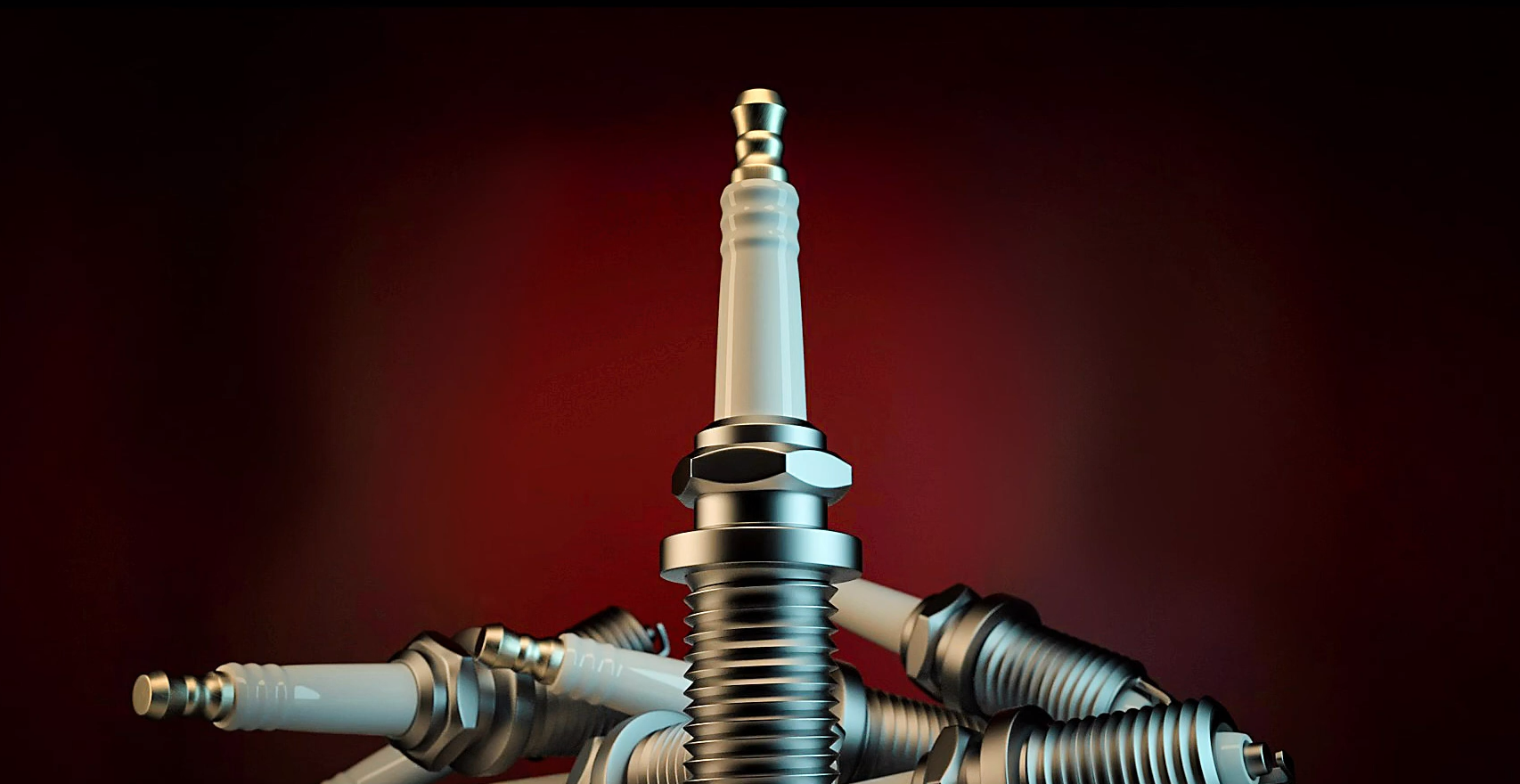
FAQ
Can you prevent spark plug blowout?
Spark plug blowout can be prevented by taking a proactive approach to vehicle maintenance. Follow these steps to reduce the chances of blowout:
- Regular Spark Plug Checks: Inspect spark plugs every 30,000 miles or as per manufacturer’s guidelines.
- Correct Installation: Properly tighten spark plugs to recommended torque using a torque wrench.
- Proper Spark Plug Selection: Use the correct spark plug type for your engine.
- Address Engine Misfires: Promptly identify and fix engine misfires.
- Regular Maintenance and Check-ups: Perform routine vehicle maintenance to spot potential issues early.
By following these measures, you can reduce the risk of spark plug blowout and ensure efficient and safe vehicle operation.
Why do plugs blow?
Spark plugs may blow out for various reasons, including mishandling or natural wear. Over-tightening during installation can damage the spark plug threads and weaken the cylinder head, increasing the risk of a blowout. On the other hand, under-tightening can cause a loose spark plug to be ejected under pressure.
Using incorrect or incompatible spark plugs can also contribute to blowouts. If a spark plug doesn’t fit properly, it may become loose and be ejected. Additionally, excessive carbon build-up around the spark plug can increase pressure on the plug, raising the risk of a blowout.
Regular maintenance and inspections help identify potential issues and mitigate these risks. However, even with proper handling and maintenance, spark plugs wear out over time and require periodic replacement to prevent blowouts and maintain engine performance.
Can the engine being hot cause spark plugs to blow out?
Overheating can cause spark plugs to blow out. It occurs when the engine runs too hot, leading to pre-ignition or detonation. This is when the air-fuel mixture ignites prematurely in the combustion chamber before the spark plug fires. Pre-ignition creates high pressures, exceeding the spark plug’s capacity and potentially causing a blowout.
Several factors can cause overheating, including low coolant levels, a malfunctioning thermostat, or a damaged water pump. Monitoring the engine’s temperature and promptly addressing signs of overheating is crucial to prevent damage, including spark plug blowouts.
Regular maintenance and inspections, such as checking the cooling system and spark plugs, can help identify and resolve potential issues before they become serious problems. Consult a professional mechanic if you have concerns about your engine’s performance or condition.
What happens when a car blows a spark plug?
When a car blows a spark plug, several symptoms may occur, mostly related to the engine’s performance. The most immediate effect is a noticeable decrease in power output and acceleration. There may also be an unusual ticking sound from the engine, as the ignition spark now happens in the open engine bay.
Additional symptoms include poor fuel efficiency due to incomplete fuel combustion without the spark from the plug. Engine misfires could lead to jerking or hesitating during acceleration, as the engine struggles to balance power output among functioning cylinders.
In severe cases, a blown spark plug can cause significant engine damage, including damage to the cylinder head. If the spark plug is ejected from the engine, it can expose the engine internals to outside elements, leading to further damage.
If you suspect a blown spark plug, it’s crucial to stop driving the vehicle and seek a professional mechanic’s assistance promptly to prevent additional damage.
Is it safe to drive with a blown spark plug?
Driving with a blown spark plug is not recommended. It indicates a serious engine malfunction that can cause various problems. A blown spark plug affects engine performance, reducing power output and causing unusual noises, poor fuel efficiency, and misfires. In severe cases, it can lead to significant engine damage, including the cylinder head and exposure to external elements.
Additionally, when a spark plug blows out, the engine runs on fewer cylinders, straining the remaining ones and the engine as a whole, resulting in further damage. Unburnt fuel from the non-functioning cylinder can also enter the exhaust system, increasing the fire risk.
If you suspect a blown spark plug, stop driving immediately. Have the vehicle towed to a professional mechanic for diagnosis and repair. This ensures safety and prevents further damage to your vehicle.
How do you know if you blew a spark plug?
To identify a blown spark plug, watch for signs indicating a decrease in engine performance, such as a drop in power and acceleration. Unusual sounds, like ticking or popping, may come from the engine bay. Poor fuel efficiency and engine misfires are other indicators. If you notice any of these signs, it’s important to have your vehicle checked by a professional mechanic promptly to prevent further damage.
Useful Video: What Causes Spark Plugs To Go Bad Fast?
Conclusion
In conclusion, a blown spark plug is a serious engine issue that requires immediate attention. It is crucial to be aware of the common signs, including decreased engine performance, unusual engine noises, poor fuel efficiency, engine misfires, and an illuminated check engine light. Remember, the key to preventing spark plug blowouts lies in regular vehicle maintenance and inspections, particularly of the cooling system and spark plugs. Driving with a blown spark plug is not only unsafe but can also lead to more significant engine damage. Therefore, if you suspect a blown spark plug, stop driving immediately and seek professional assistance. Regular vehicle check-ups and timely repairs can go a long way in enhancing the lifespan of your vehicle and ensuring a smooth, safe driving experience.
References:
- https://www.wiseautotools.com/blog/what-causes-a-spark-plug-to-blow-out/
- https://cartreatments.com/spark-plug-blow-out/
- https://theautovibes.com/what-would-cause-a-spark-plug-to-blow-out/





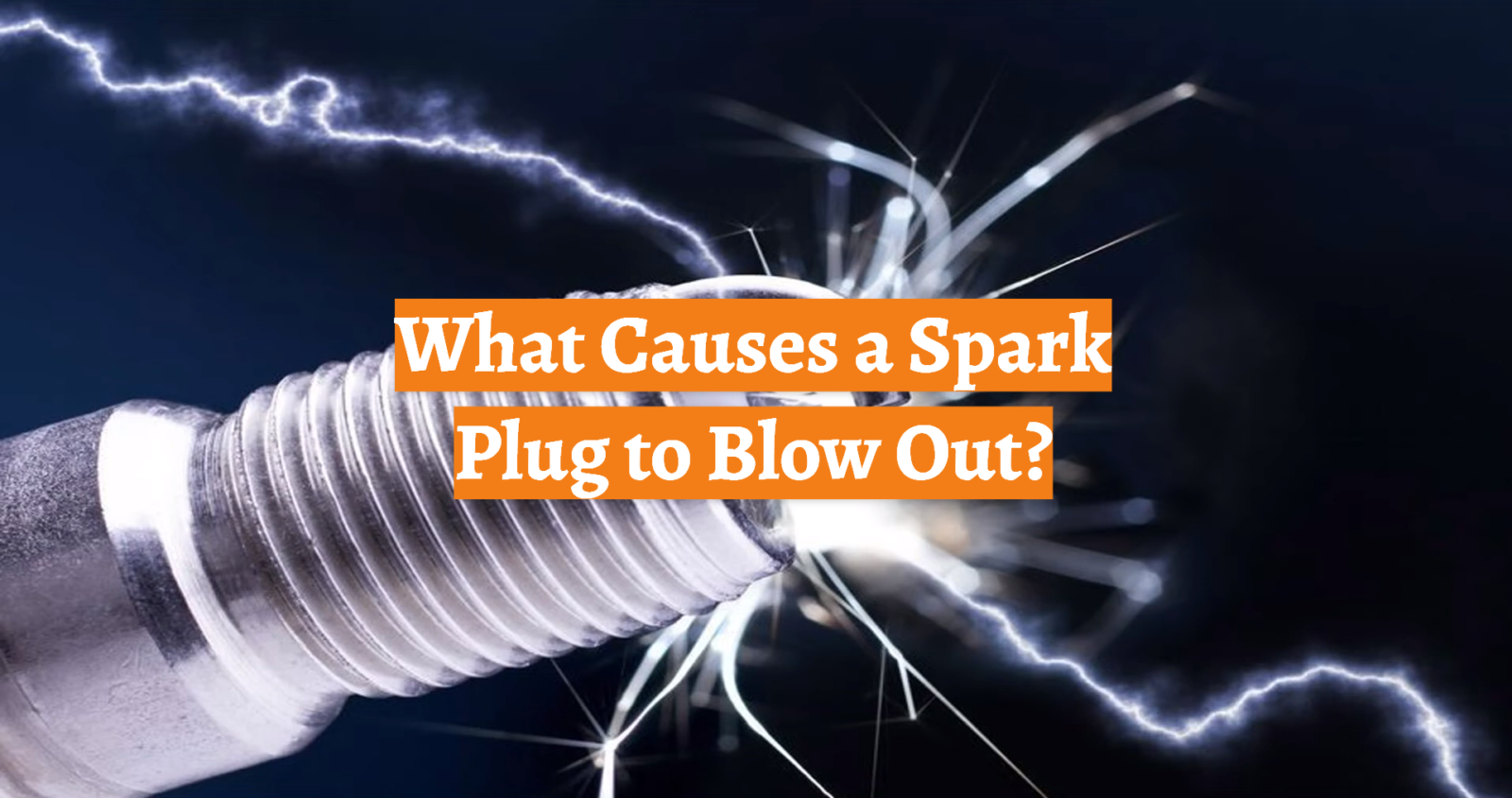
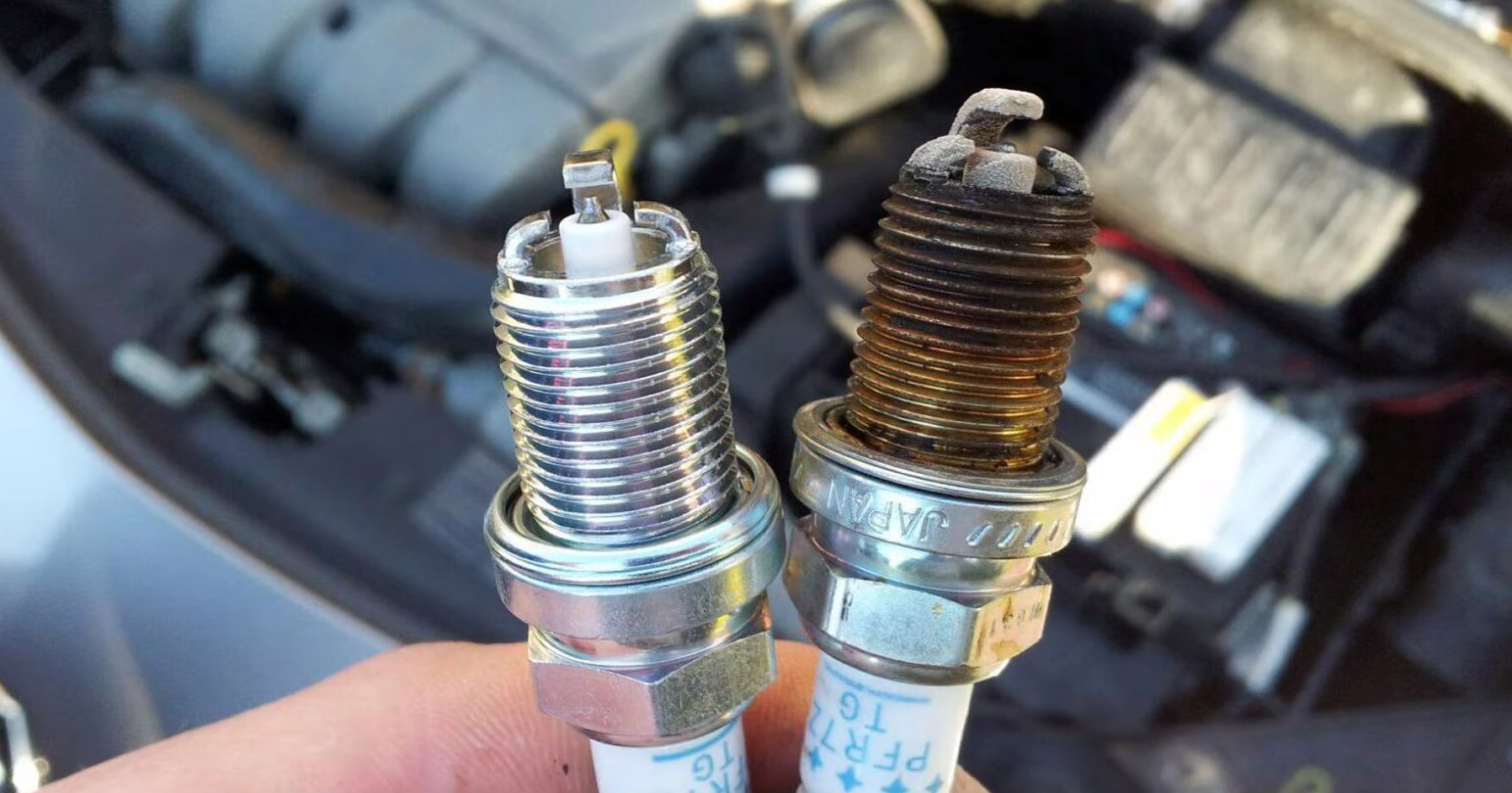
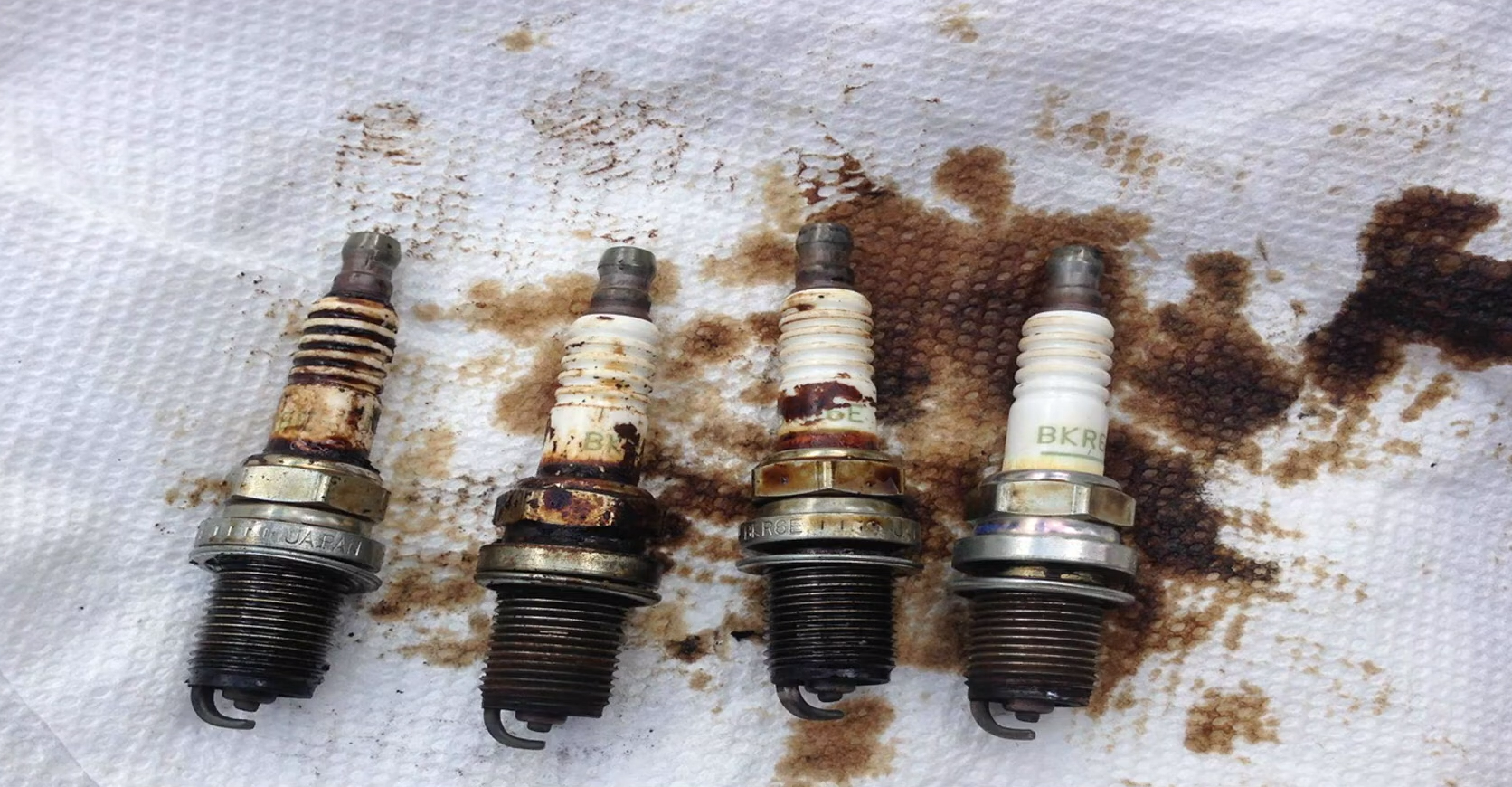

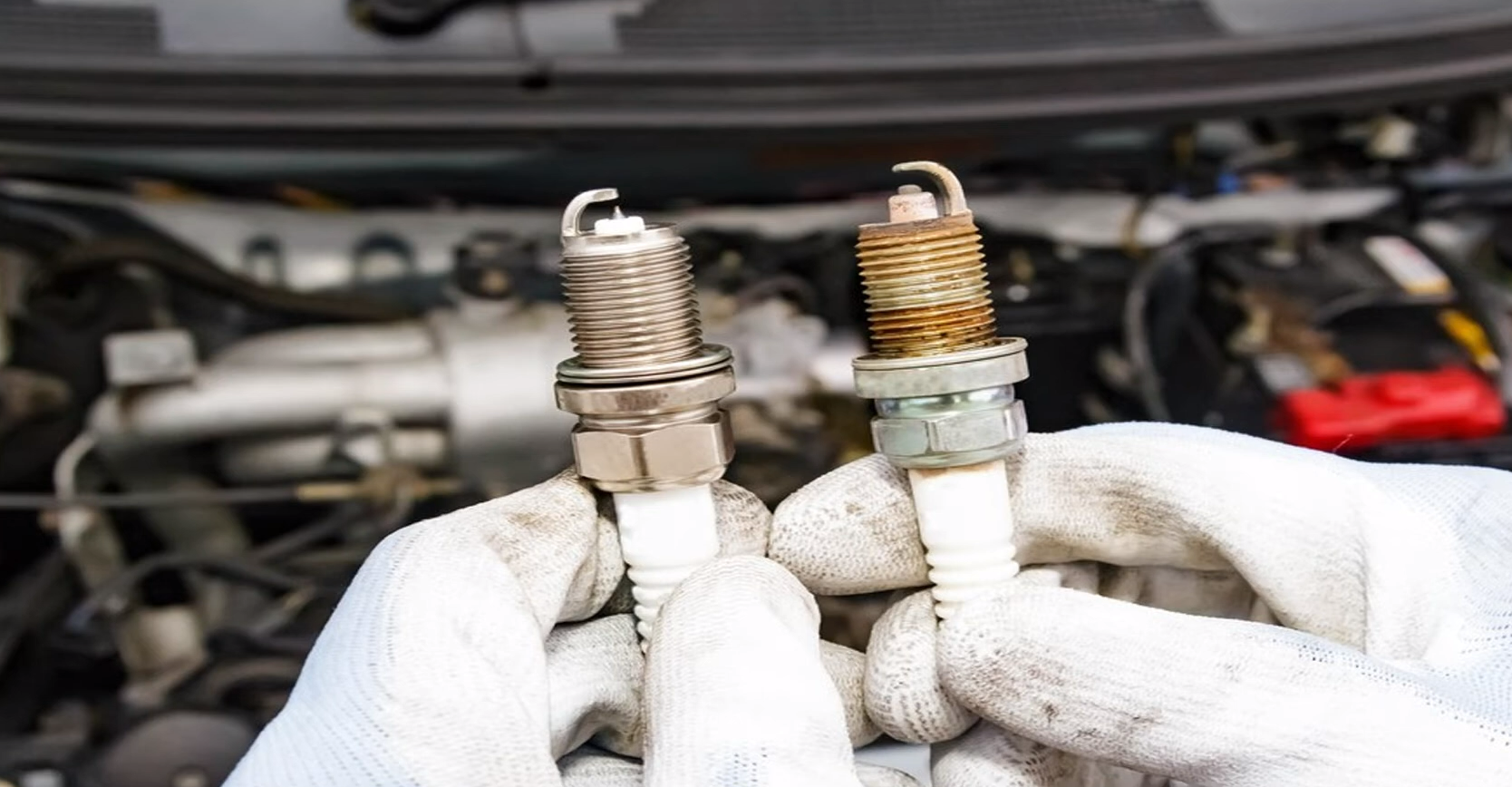
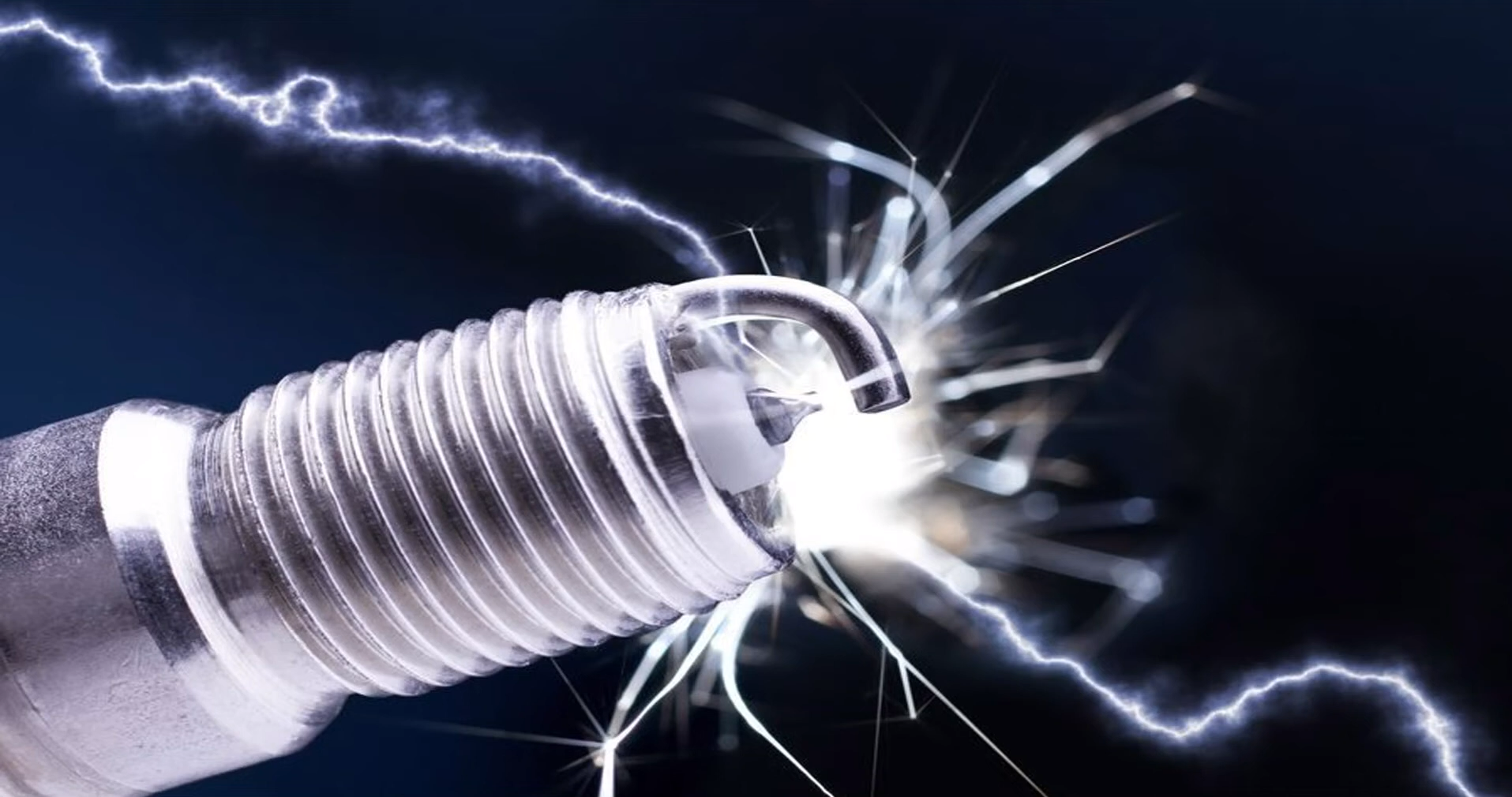

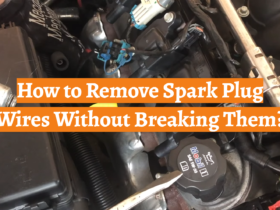


Leave a Review